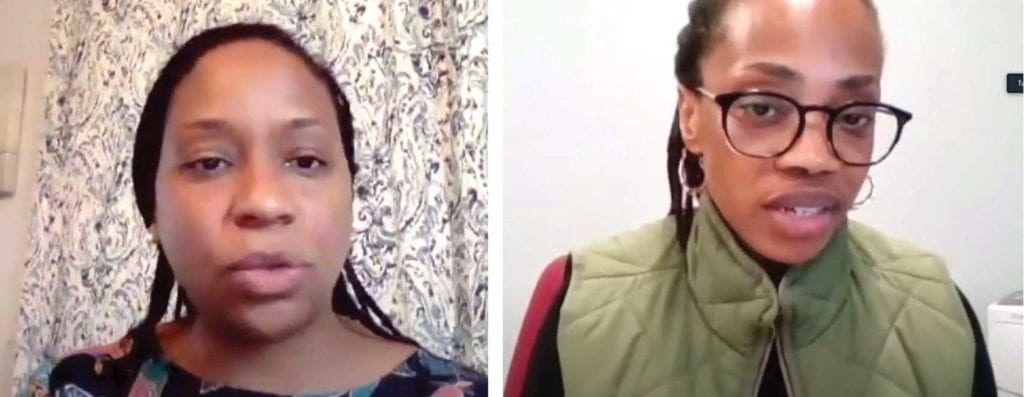City agencies struggle with uptick in violence
City Council questions anti-violence workers on response to shootings

Leaders from Boston’s violence prevention programs say that the city’s current approach isn’t enough to combat the recent uptick in violence. In the City Council’s latest Post Audit & Oversight Committee hearing, councilors reviewed all funding that goes toward violence prevention and discussed solutions.
“This is an opportunity for us to come to the table and have a conversation, and a specific one, around not only how much money we receive for violence prevention work, but also what is the impact that we want to have,” Councilor Andrea Campbell said during the virtual hearing on Sept. 2.
Mark Scott, program director for trauma response and recovery services with the Boston Public Health Commission, said that the structure for violence prevention is right, but it doesn’t reach far enough.
“We could have a youth-focused trauma response team. We don’t have that right now, but we’ve got the infrastructure in the city to do it,” he said. He also brought up community organizations and health centers who are doing work that the BPHC has not been able to partner with.
The city’s current framework around violence, presented by Health and Human Services Chief Marty Martinez, is focused on violence prevention and intervention with Boston’s youth – a collaborative effort between SOAR (Street Outreach, Advocacy and Response) Boston, Boston Public Schools and the Office of Public Safety.
The Office of Public Safety has plans to use newly allocated city funding to strengthen programs and spread public word of internal victories.
Mayor Walsh’s FY 2021 budget included a $12 million cut to the BPD’s overtime budget and a transfer of a portion of those dollars to anti-violence measures. This resulted in $1.35 million recently reallocated by the mayor directly to neighborhood trauma teams and trauma team partners, among other departments.
Talia Rivera, SOAR’s director, said the street workers program recently “has not been effective.” They’ve reset their goals to improve accountability between SOAR leaders and workers out in the community.
“SOAR Boston has developed a roster where they have identified 360 core influencers that we are targeting,” she said. “One of our underlying assumptions is that if we target the most influential drivers of violence, that their peers will follow.”
Rivera, who was appointed to lead SOAR in July 2019, asked the committee to give the program some time before expecting any tangible results.
“Another huge factor … was that all the street workers were not connected to the right kids. The only way that we can engage this population is, we have to know them,” Rivera said.
In her presentation, Rivera showed a map of where the most active gangs are, covering parts of Mattapan and Roxbury.
Campbell said she found it “depressing” to see the amount of gang activity in her district.
“Whether we like it or not, there’s an uptick,” she said. “Where are we getting it wrong?”
Rufus Faulk, director of the Office of Public Safety, said “We want to make sure that every effort is connected … So we meet weekly with [Massachusetts Department of Youth Services], with BPS, and the Suffolk county DA’s office to make sure that we’re identifying those juvenile individuals who need that extra level of support.”
With the recently reallocated money, Faulk said, his office has been able to increase compensation to trauma response teams, who do community listening sessions with those affected by violence in Boston.
He also suggested the Office of Public Safety pay more attention to those young people who are products of Boston’s services and schools who have become leaders in the community.






